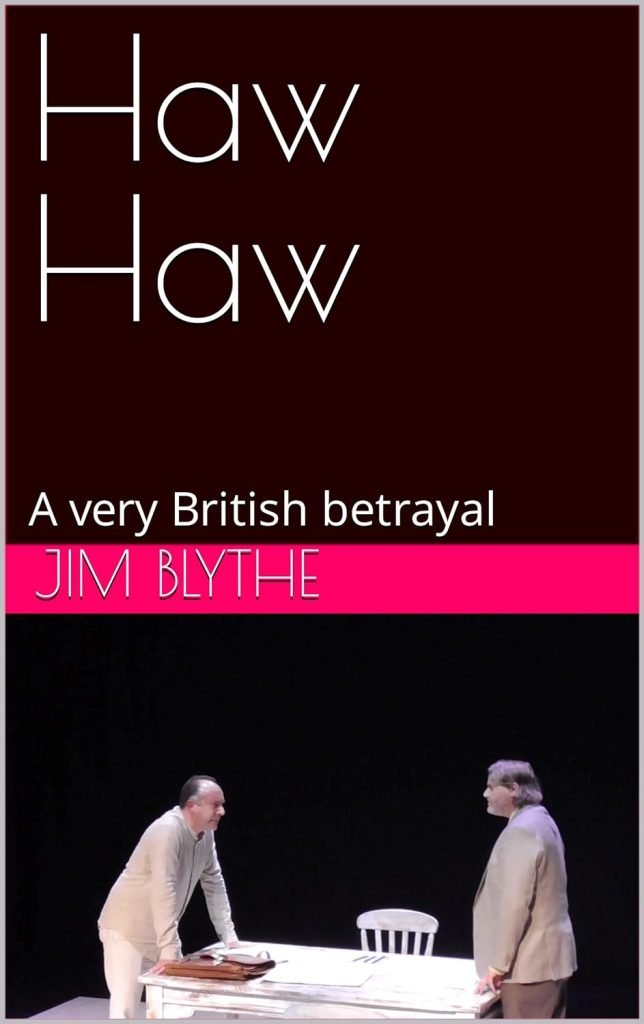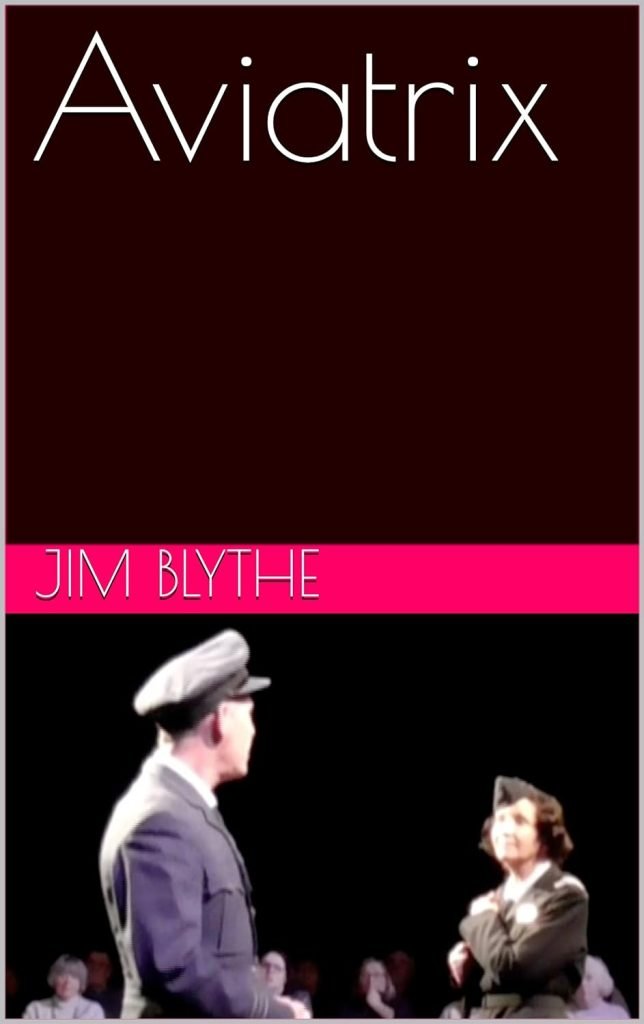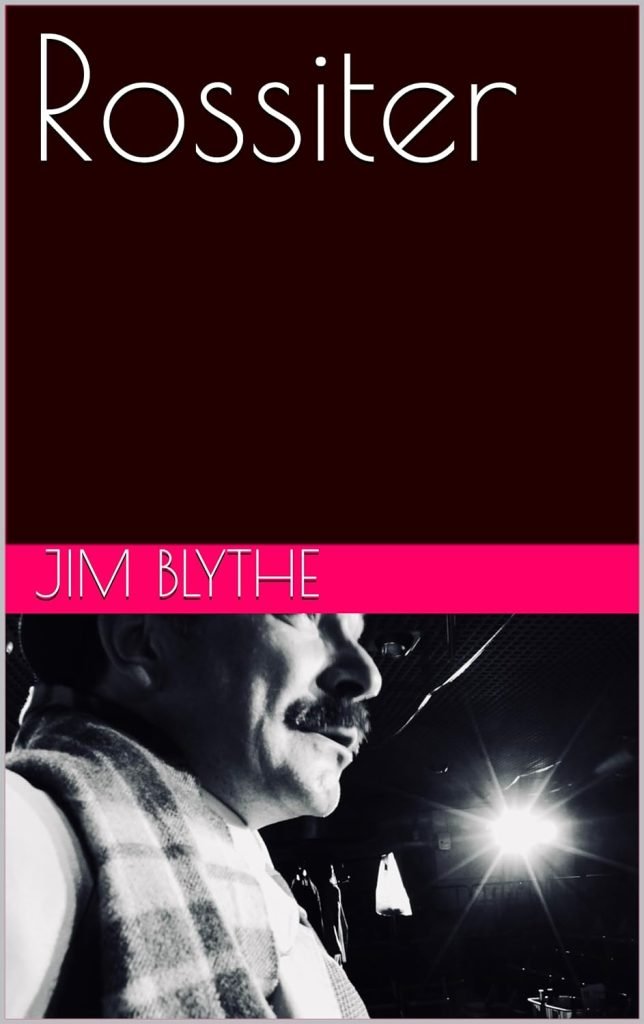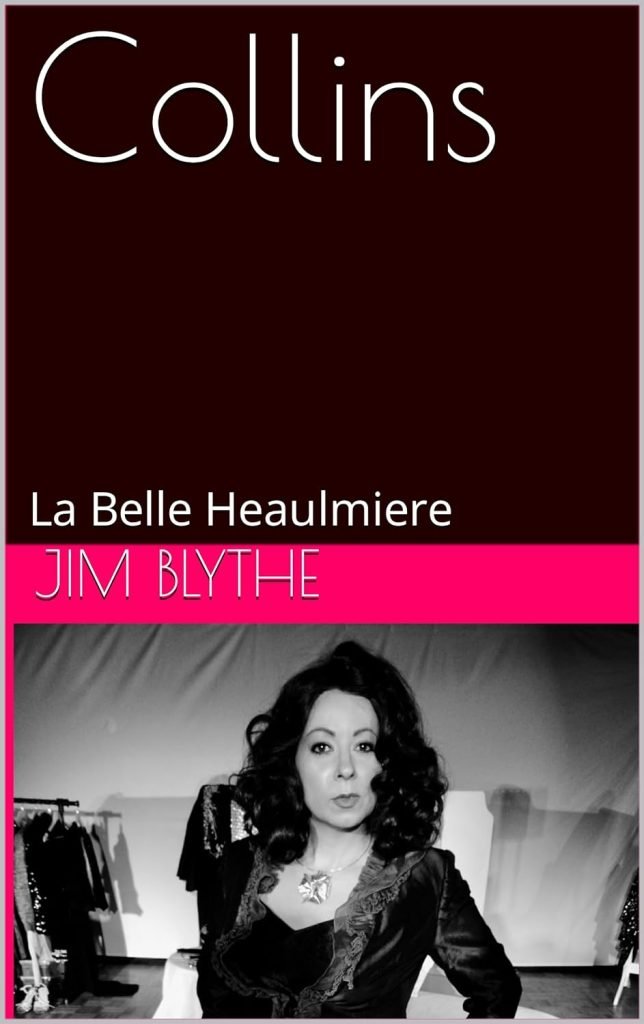
Haw Haw: A very British betrayal
Standing up against fascism – or standing up for the right of law?
That’s the dilemma facing Gerald Slade in this play about the trial and punishment of William Joyce, better known as Lord Haw-Haw. Joyce undoubtedly broadcast Nazi propaganda, and was tried for treason. Yet every accused person deserves a fair trial, whatever the charge – otherwise we are no better than the fascists ourselves. Slade, a decent man who hates fascists but believes in the law, has to tread a fine line with the charming, cynical, urbane, but ultimately deeply odious Joyce.
This is a story of betrayal, and of the right to be tried according to the law: it is a story that resonates in our post-truth 21st century.
Aviatrix
When the Second World War broke out, the only way the fight could be taken to the enemy was via the Air Force. All RAF pilots who were able to fly in combat did so – but pilots were needed to ferry aircraft from the factories to the air bases. Anybody who could fly was recruited – World War One pilots who hadn’t flown since 1919, amateur pilots who flew home-built planes from farmers’ fields, commercial pilots who had never flown a military aircraft. Then Pauline Gower, a commercial pilot herself, pointed out that the RAF was wasting an obvious source of pilots – over a hundred of them in fact.
Women.
This play tells their story – and is dedicated to the memory of those who flew, and those who died, serving their country in its darkest hour.


Rossiter
Leonard Rossiter was one of the leading comic actors of his generation. He was also a man of paradoxes – a committed husband who nevertheless had a long-standing affair, a working-class man who kept a fine wine cellar, an amateur actor who became a professional, a theatrical performer whose greatest fame came from his television work.
This play explores his life, his work and his motivations. Set backstage, we find Rossiter preparing for his nightly performance as Inspector Truscott in Joe Orton’s “Loot”. This was to be his final role – he died backstage, in his dressing room, of a heart condition associated with athletes.
To die at the age of 57 may be seen as a tragedy: it was certainly a great loss to the theatre. To die backstage was, to an actor of Rossiter’s stature, only to be expected – he was far too prolific, far too hard-working, to have been seen dead anywhere else.
Collins: La Belle Heaulmiere
Dame Joan Collins is an icon. Forever young, forever glamorous, forever glitzy – yet also a Best Actress winner, a survivor of the Hollywood movie machine, a thorough professional in everything she touches.
Discovered while still studying at RADA, her acting career took her from cheesy roles as the resident bimbo to serious parts in British films of the 1950s, through a wilderness period in the 1970s when she appeared in schlock horror movies, to (astoundingly) roles in two soft-porn movies written by her sister Jackie.
This play finds her at her London home, getting ready for an evening out. She talks to us of her life, her loves, her career, her determination never to retire from living – and never to grow old.
There are many beautiful women in the world – but only one Joan Collins. And this is her evening.
